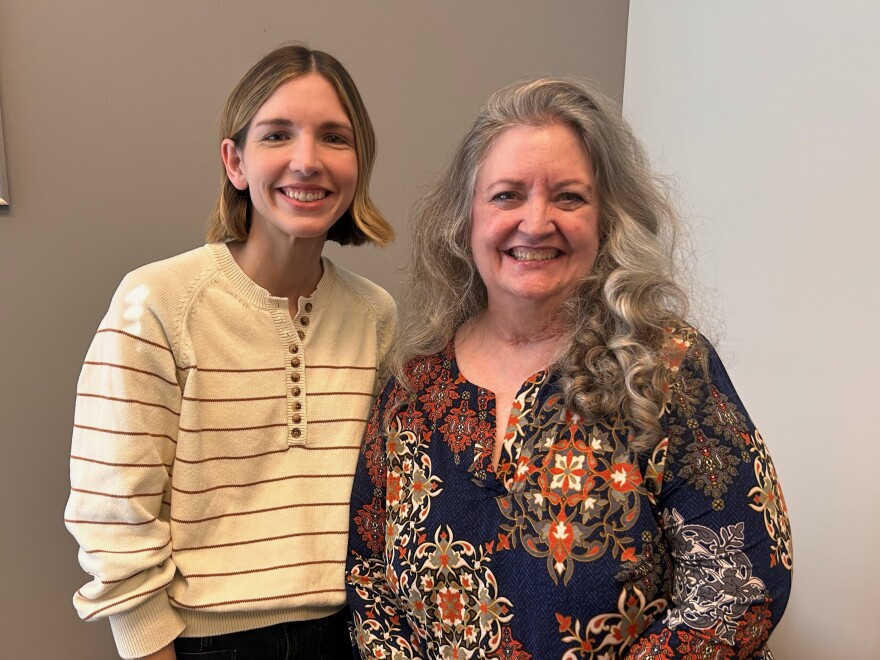The COVID-19 pandemic had a profound impact on education systems when schools were forced to implement remote learning. After reserve funds started to deplete, art programs — which encompass music, media arts, dance, visual arts and theater — were often the first to be trimmed during those challenging times, and many have not made it back since.
“Art programs are often marginalized when [districts and agencies] are looking at prioritization. There are so many demands made on our schools across the board and decision makers have very, very difficult decisions to make when they're allocating their resources,” said Phyllis Pasley, executive director of Missouri Alliance for Arts Education and former music teacher.
“Another thing is ... funding for higher education and the availability of teachers to fill roles. Some of my colleagues at the state level have been sharing they'll get phone calls from districts saying, ‘Well, since we couldn't find a music teacher, is it OK if we don't offer music and just offer visual arts?’”
Statewide organizations like Missouri Alliance of Arts Education are not the only advocates trying to turn the tide in arts education disinvestment. Locals strive for the same goal. Colleen Fitzsimmons-Wiviott is an art teacher and the founder of Start With Art in St. Louis. She promotes arts education by helping young children get creative with projects.
During the pandemic, Fitzsimmons-Wiviott led art lessons for Nine PBS’ "Teaching in Room 9." The program was meant to give elementary school-age kids a way to learn from home.
“I'm fortunate that I get to work with a lot of different institutions and I meet lots of different kinds of families in St. Louis,” Fitzsimmons-Wiviott said. “I have a partnership with New City School, and there are [parents and educators] looking for those moments of connection for their students.”
Those connections that come through arts education support the social and emotional needs of primary and secondary students, helping them gain developmental skills needed throughout life.
“We know from studies that creating art at a young age helps with neural development, gross and fine motor skills, critical thinking and problem solving,” said Fitzsimmons-Wiviott. “All that work is happening in the art room and in preschool classrooms.”
Pasley pointed to personal and social assets that come through engaging in art-related activities, like presenting about curations of art objects. “Students benefit by gaining in confidence, experience, collaboration, [and] in cooperation, and it all happens [at once],” Pasley added.
“Hands-on experience [with art] is critical for young learners, and then it does carry forward into secondary and post-secondary education, and [into] lifelong learning in the arts.”
Pasley said promoting arts education — especially in this post-pandemic period of reduced federal funding for education all around — starts with local action. “There is an investment that we can all make in finding those opportunities to celebrate arts and what you gained from arts education, and then letting your voice be heard [about how funds should be allocated] by decision-makers.”
To learn more about what’s needed for robust arts education — including educators themselves — and an effort underway to identify Missouri “arts deserts” needing more attention and support, listen to St. Louis on the Air on Apple Podcasts, Spotify, or YouTube or click the play button below.
“St. Louis on the Air” brings you the stories of St. Louis and the people who live, work and create in our region. The show is produced by Miya Norfleet, Emily Woodbury, Danny Wicentowski, Elaine Cha and Alex Heuer. Jada Jones is our production assistant. The audio engineer is Aaron Doerr.






